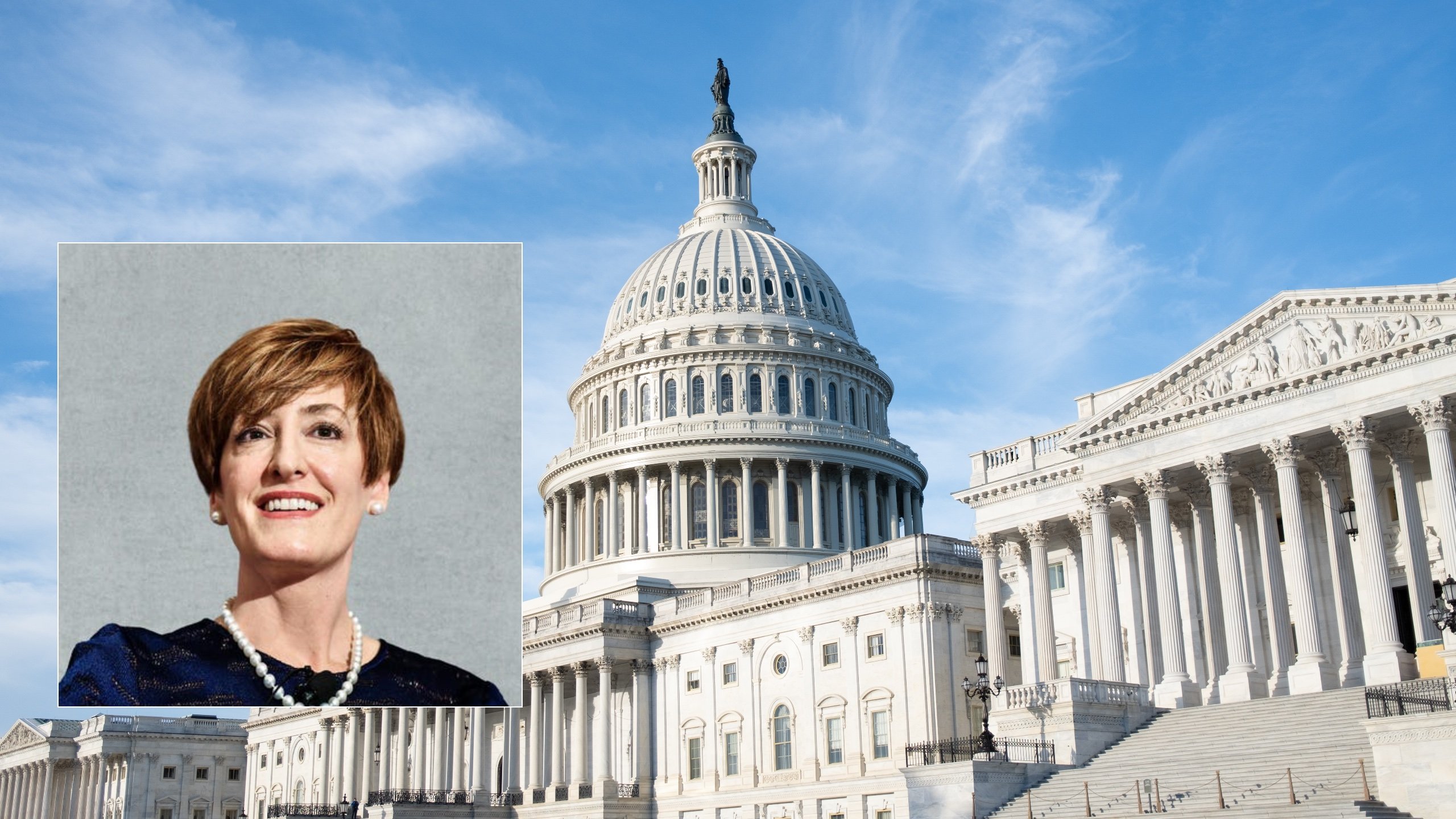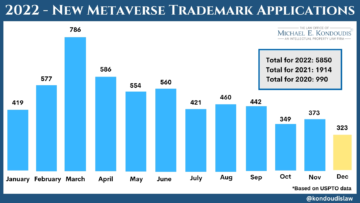
Singapore’s central bank, the Monetary Authority of Singapore (MAS), has released a comprehensive regulatory framework targeting single-currency stablecoins (SCS).
These digital tokens, designed to maintain constant value, are pegged to traditional fiat currencies such as the Singapore Dollar or any G10 currency. This regulatory move seeks to bolster the stability of SCS, making it a more reliable digital medium of exchange.
Regulatory requirements
The new regulations apply to non-bank issuers of SCS with a circulation exceeding S$5 million. Issuers must comply with requirements related to value stability, capital, redemption at par, and disclosure to users.
@MAS_sg has announced the features of a new regulatory framework that seeks to ensure a high degree of value stability for #stablecoins regulated in #Singapore. https://t.co/j12QambGIJ pic.twitter.com/LBUoOGY16P
— MAS (@MAS_sg) August 15, 2023
Under the framework, issuers must maintain a portfolio of reserve assets at shallow risk, equivalent to at least 100% of the outstanding SCS in circulation. They must also hold a minimum base capital higher than S$1 million or half of their annual operating expenses.
Furthermore, the MAS mandates issuers to return the par value of SCS to holders within five business days of a redemption request and provide appropriate disclosures, including information on the SCS’s value-stabilizing mechanism, rights of SCS holders, and audit results of reserve assets.
Timely transfer and redemption Period
The MAS has established that transfers of SCS are considered timely if completed within three business days, aligning with existing money transmission requirements for domestic money transfer services.
This decision was reached despite feedback suggesting that SCS transfers should be completed more quickly due to the use of blockchain technology. The MAS noted that these transfers may occur on various blockchain infrastructures with different service standards.
Additionally, the MAS has set a more extended redemption period for stablecoins, requiring issuers to return the value of MAS-regulated SCS to holders within five business days. This approach balances user responsiveness and the issuer’s ability to process redemptions under stressful situations.
Benefits and potential impact
Singapore‘s new regulatory framework seeks to ensure high-value stability for stablecoins, playing a crucial role in the digital economy. Stablecoins serve as a trusted medium of exchange between traditional fiat and digital asset ecosystems, facilitating innovation in the digital economy.
Moreover, the MAS’ regulatory framework distinguishes between MAS-regulated stablecoins and other digital payment tokens. Only issuers fulfilling all requirements can apply for the “MAS-regulated stablecoins” label, enabling users to readily identify regulated tokens and bolstering investor protection.
Implications and future outlook
By imposing these requirements, the MAS aims to facilitate the use of stablecoins as a credible digital medium of exchange and bridge between fiat and digital asset ecosystems. Using stablecoins in Singapore can improve the efficiency of cross-border transactions and provide access to financial services for the unbanked.
The MAS is paving the way for a safe and reliable environment for consumers and issuers in the developing digital economy. The regulatory framework is a critical first step in building confidence, trust, and stability in the cryptocurrency market.
Consequently, as the digital banking ecosystem evolves, policies like these will become increasingly vital in ensuring market trust and stability. The MAS’ approach is a model for other countries looking to create a balanced and well-regulated environment for stablecoins and other digital assets.
Singapore’s new regulatory framework for stablecoins represents a significant milestone in developing the digital economy. By setting clear standards for stablecoin issuers, the MAS is facilitating the integration of digital assets into the mainstream financial system, promoting innovation and financial inclusion. This initiative underscores the importance of creating a secure and stable environment for digital finance, fostering trust and stability in the cryptocurrency market.
- SEO Powered Content & PR Distribution. Get Amplified Today.
- PlatoData.Network Vertical Generative Ai. Empower Yourself. Access Here.
- PlatoAiStream. Web3 Intelligence. Knowledge Amplified. Access Here.
- PlatoESG. Automotive / EVs, Carbon, CleanTech, Energy, Environment, Solar, Waste Management. Access Here.
- PlatoHealth. Biotech and Clinical Trials Intelligence. Access Here.
- ChartPrime. Elevate your Trading Game with ChartPrime. Access Here.
- BlockOffsets. Modernizing Environmental Offset Ownership. Access Here.
- Source: https://metanews.com/caitling-long-speaks-out-against-d-c-s-attempt-to-lock-down-digital-assets/
- :has
- :is
- 15%
- a
- ability
- access
- against
- aims
- aligning
- All
- also
- and
- announced
- annual
- any
- Apply
- approach
- appropriate
- ARE
- AS
- asset
- Assets
- At
- audit
- authority
- balanced
- balances
- Bank
- base
- BE
- become
- between
- blockchain
- blockchain technology
- bolster
- Building
- business
- by
- CAN
- capital
- central
- Central Bank
- Circulation
- clear
- Completed
- comply
- comprehensive
- confidence
- considered
- constant
- Consumers
- countries
- create
- Creating
- credible
- critical
- cross-border
- crucial
- cryptocurrency
- cryptocurrency market
- currencies
- Currency
- D.C.
- Days
- Degree
- designed
- Despite
- developing
- different
- digital
- Digital Asset
- Digital Assets
- Digital economy
- digital finance
- Digital Payment
- digital tokens
- disclosure
- Disclosures
- Dollar
- Domestic
- down
- due
- economy
- ecosystem
- Ecosystems
- efficiency
- enabling
- ensure
- ensuring
- Environment
- Equivalent
- established
- evolves
- exchange
- existing
- expenses
- facilitate
- facilitating
- Features
- feedback
- Fiat
- fiat currencies
- finance
- financial
- financial inclusion
- financial services
- financial system
- First
- five
- For
- For Consumers
- fostering
- Framework
- fulfilling
- future
- Half
- High
- higher
- hold
- holders
- HTTPS
- identify
- if
- importance
- imposing
- improve
- in
- Including
- inclusion
- increasingly
- information
- infrastructures
- Initiative
- Innovation
- integration
- into
- investor
- investor protection
- issuers
- IT
- Label
- least
- like
- Long
- looking
- Mainstream
- maintain
- Making
- mandates
- Market
- MAS
- May..
- mechanism
- medium
- medium of exchange
- milestone
- million
- minimum
- model
- Monetary
- monetary authority
- Monetary Authority of Singapore
- Monetary Authority of Singapore (MAS)
- money
- more
- move
- must
- New
- noted
- occur
- of
- on
- only
- operating
- operating expenses
- or
- Other
- out
- outstanding
- Paving
- payment
- pegged
- period
- plato
- Plato Data Intelligence
- PlatoData
- playing
- policies
- portfolio
- potential
- process
- promoting
- protection
- provide
- quickly
- reached
- redemption
- redemptions
- regulated
- regulations
- regulatory
- related
- released
- reliable
- represents
- request
- Requirements
- Reserve
- Results
- return
- rights
- Risk
- Role
- s
- safe
- secure
- Seeks
- serve
- service
- Services
- set
- setting
- shallow
- should
- significant
- Singapore
- singapore dollar
- situations
- Speaks
- Stability
- stable
- stablecoin
- Stablecoins
- standards
- Step
- such
- system
- targeting
- Technology
- than
- that
- The
- their
- These
- they
- this
- three
- to
- Tokens
- traditional
- Transactions
- transfer
- transfers
- true
- Trust
- trusted
- try
- unbanked
- under
- underscores
- use
- User
- users
- using
- value
- various
- various blockchain
- vital
- was
- Way..
- well-regulated
- will
- with
- within
- zephyrnet












